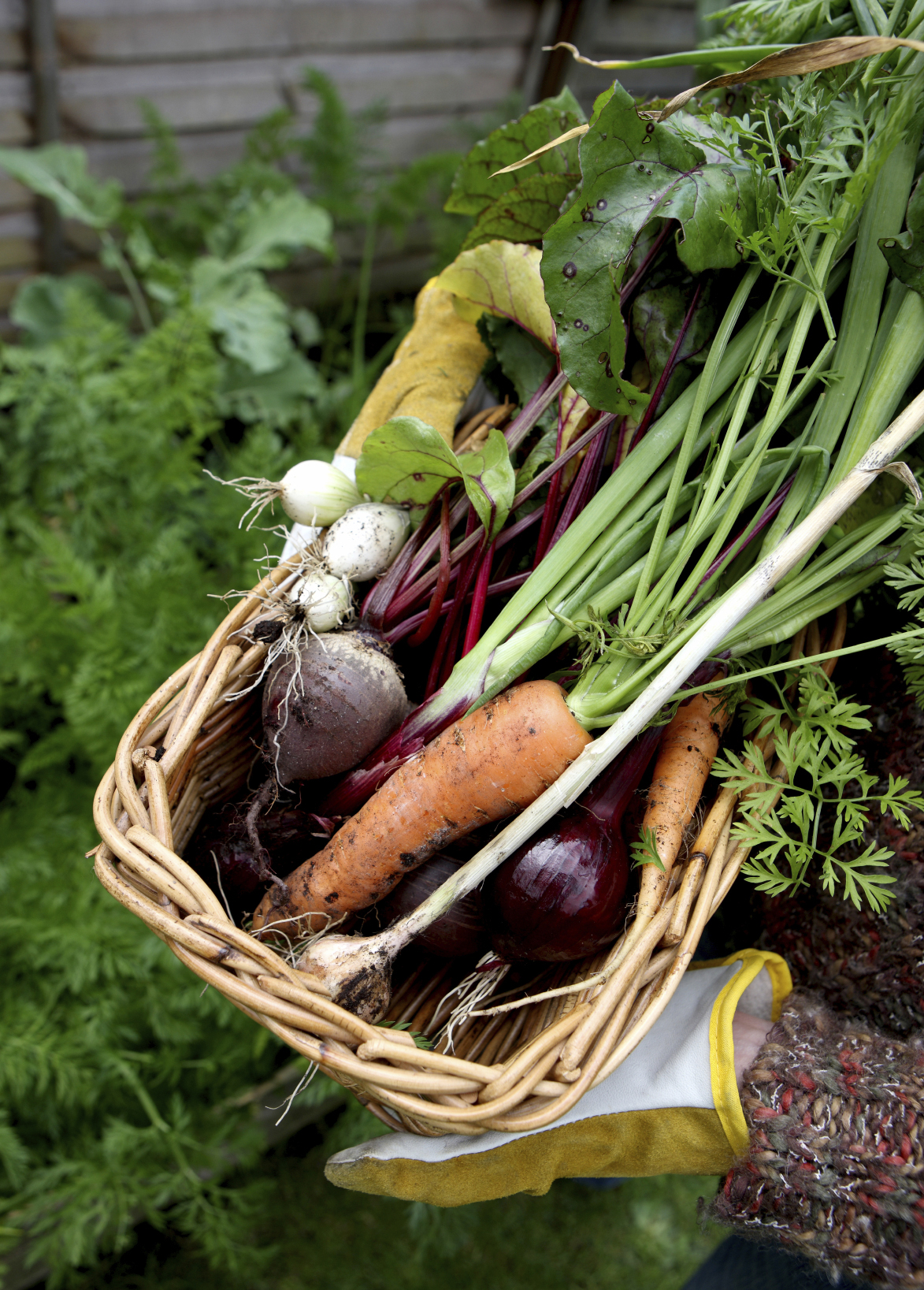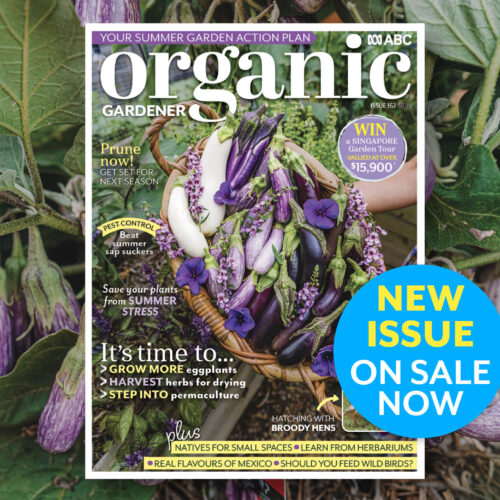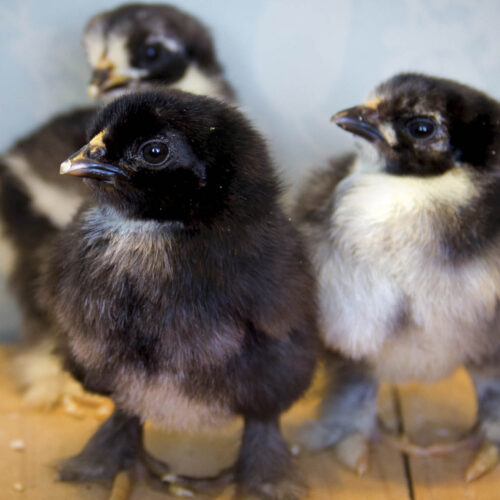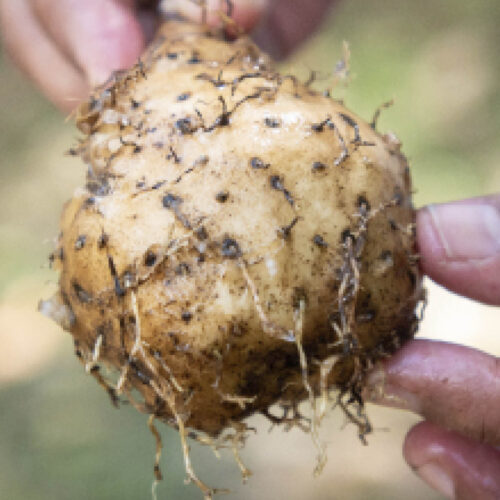Testing Organic Food
2010-09-07T01:05:15+10:00
A new Australian survey sets out to find the effect organic food has on the body’s toxin levels.
You might have read Jo Immig’s article in Organic Gardener (September/October 2010) called Our Everyday Toxic Life, which included an interview with the Canadian authors of the book Slow Death By Rubber Duck. The book is all about the chemical contamination in our homes, offices, food and household products, and how the chemicals get into our bodies. It was alarming, as many of the chemicals are known hormone-disruptors and carcinogens. One of the obvious remedies is to eat organic food and buy certified organic products whenever possible, as no toxic chemicals are allowed in their production. Now a new ‘Organic Consumption Survey’ is being conducted in Australia by RMIT University to find out what impact organic and non-organic foods have on toxin levels in the human body. The research has commenced with a web-based survey aimed at identifying the behaviours and beliefs of people who consume organic food. The second stage involved a three day ‘organic food intake survey’ aimed at distinguishing organic consumers from non-organic consumers. The final stage will involve testing levels of toxins in the bodies of organic and non-organic consumers. The research is being conducted by Prof Marc Cohen and PhD scholar, Liza Oates, who also co-ordinates a course on ‘Food as Medicine’ for the RMIT University Master of Wellness program. Liza said: “This landmark research is designed to inform Australian consumers and health care providers how food choices influence the body’s toxin levels.” Sounds like an excellent project to volunteer for. We will run results in Organic Gardener when they become available. • For further information see: www.rmit.edu.au/wellness/organicresearch • The survey can be accessed at: http://www.rmit.edu.au/wellness/organicresearch• To offer assistance or to receive more information please contact: Liza Oates, Mob: 0412 310 390 or email: liza.oates@rmit.edu.au






